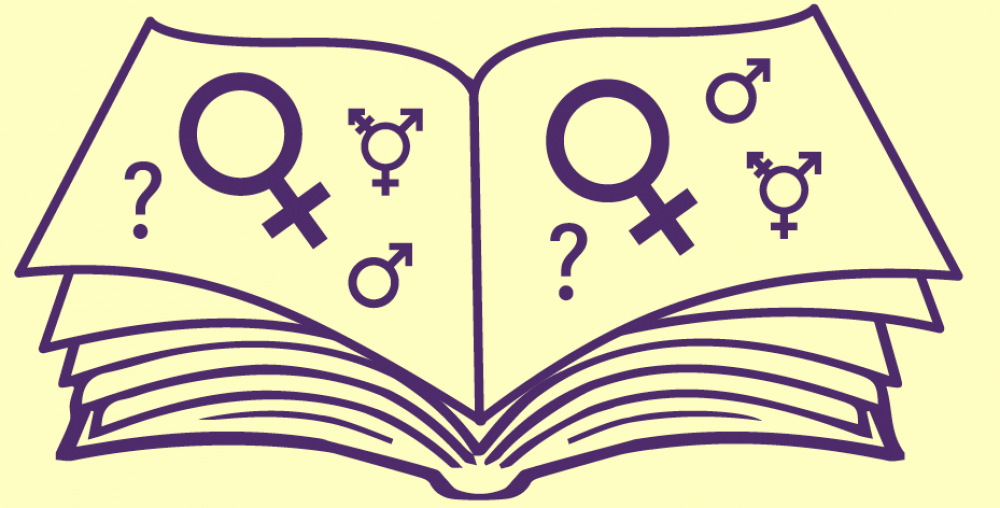In “The Bell Jar” by Sylvia Plath, there is virtually no mention of race or at least the major races. Yes, Esther as her character is expressed, is very descriptive, detail oriented and is sometimes apt to mention other immigrants’ origin of birth. But in general it is not until she is committed to an asylum that we actually have Esther’s first-hand account of her interaction with someone not of her race. It is as though they are non-existent, not recognized or just not privy to Esther’s sphere of existence, reality or awareness. One can argue this is a stark example of Esther’s “white privilege.”
We all know Esther is not by any stretch of the imagination rich. She is envious of Doreen and the other females who are so privileged that they have matching pocket books for each outfit. Yet as economically challenged as she is, she is still able to “rub shoulders” with those higher up the economic ladder than her and seemingly avoid or ignore interaction with in particular those of African descent. One must ask themselves can Esther spend time in New York for an extended time in the 1950’s and not encounter or felt the need to mention any interaction or observations of people other than other Caucasian people.
During her brief encounter with seemingly non-white people, in her fast deteriorating mental state, she mentions that she has doubts as to their profession not only because of their age but having “suspicious, fake names (The Bell Jar,p202). To further exacerbate her seemingly only definable interaction with a “black person” and perhaps as a foreshadowing of changing times; she first remarks “ Usually it was shrunken old white men that brought our food, but today it was a Negro” so as to bolster my claim that she was not in regular contact with Negroes. Furthermore she goes on to eventually assault the seemingly innocent, hospital worker who was only doing his job, kicking him for no good reason (p205-206).What is somewhat strange is her comment afterwards, telling him “That’s what you get” (Plath p206). Was she taught that is the way to treat Negroes? In her state of mind it is hard to say one way or the other if she is racist or just plain mad and he just happens to be in the wrong place at the wrong time.
As Audre Lorde mentioned in her article (Audrey Lorde: Age, Race, Class and Sex )on the complexities of assigning people narrow, confining labels, Esther is at many intersections, female, white, young, poor, educated, mentally unbalanced and God knows what else. So it is not easy to decipher her actions and place them in simplistic, binary categories




